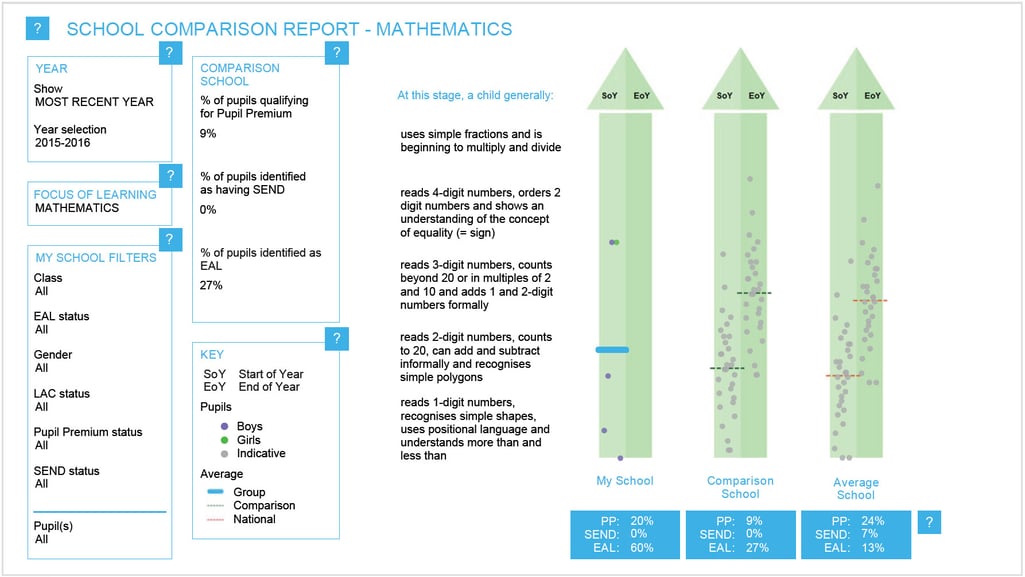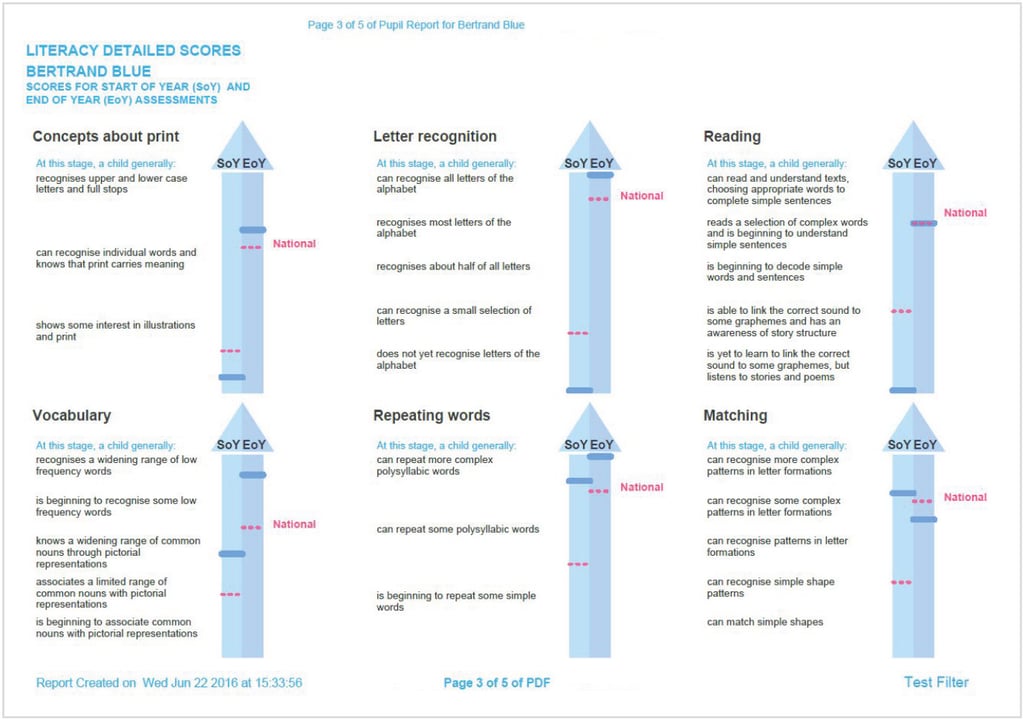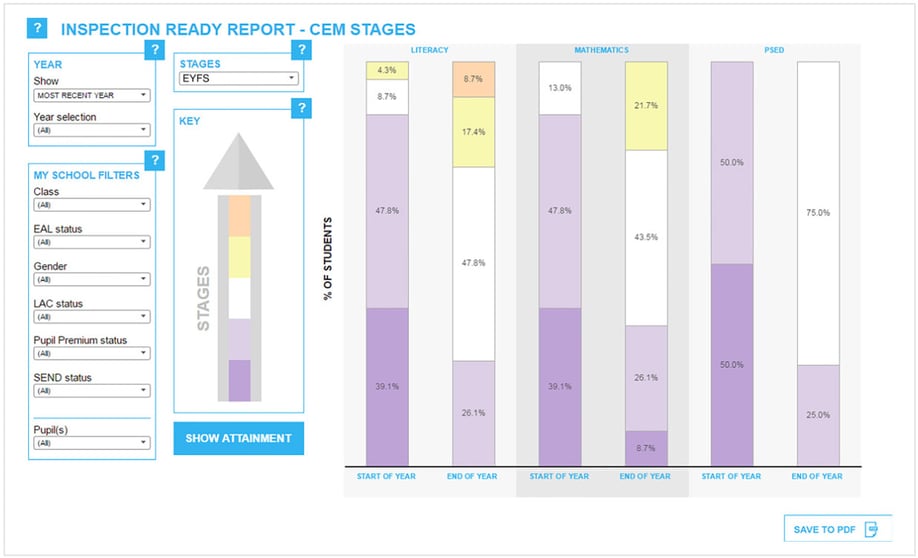Case Studies / Snarestone Primary School
Snarestone Primary School
Using BASE to find out what children know and can do in Reception
Find out more.
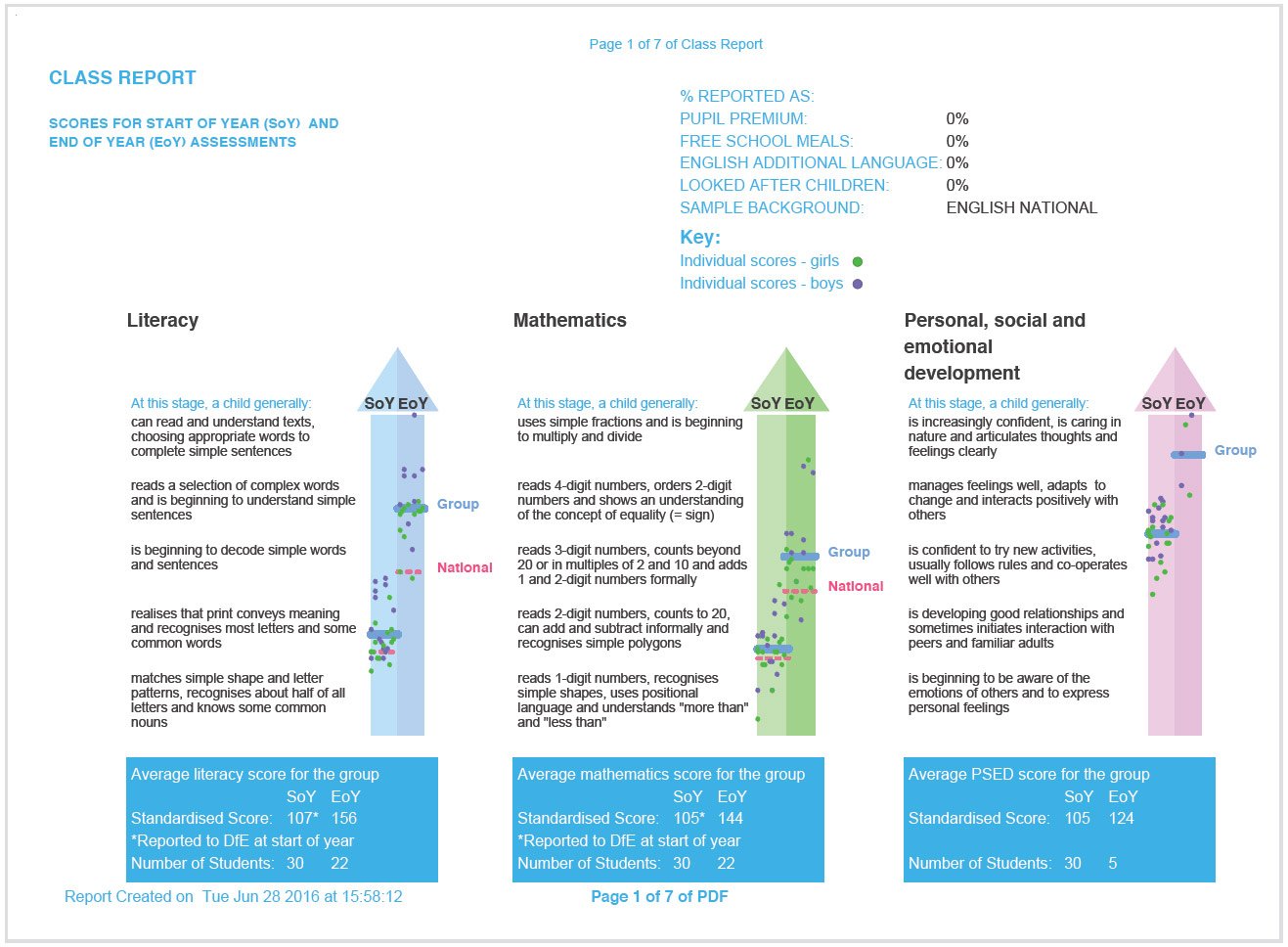
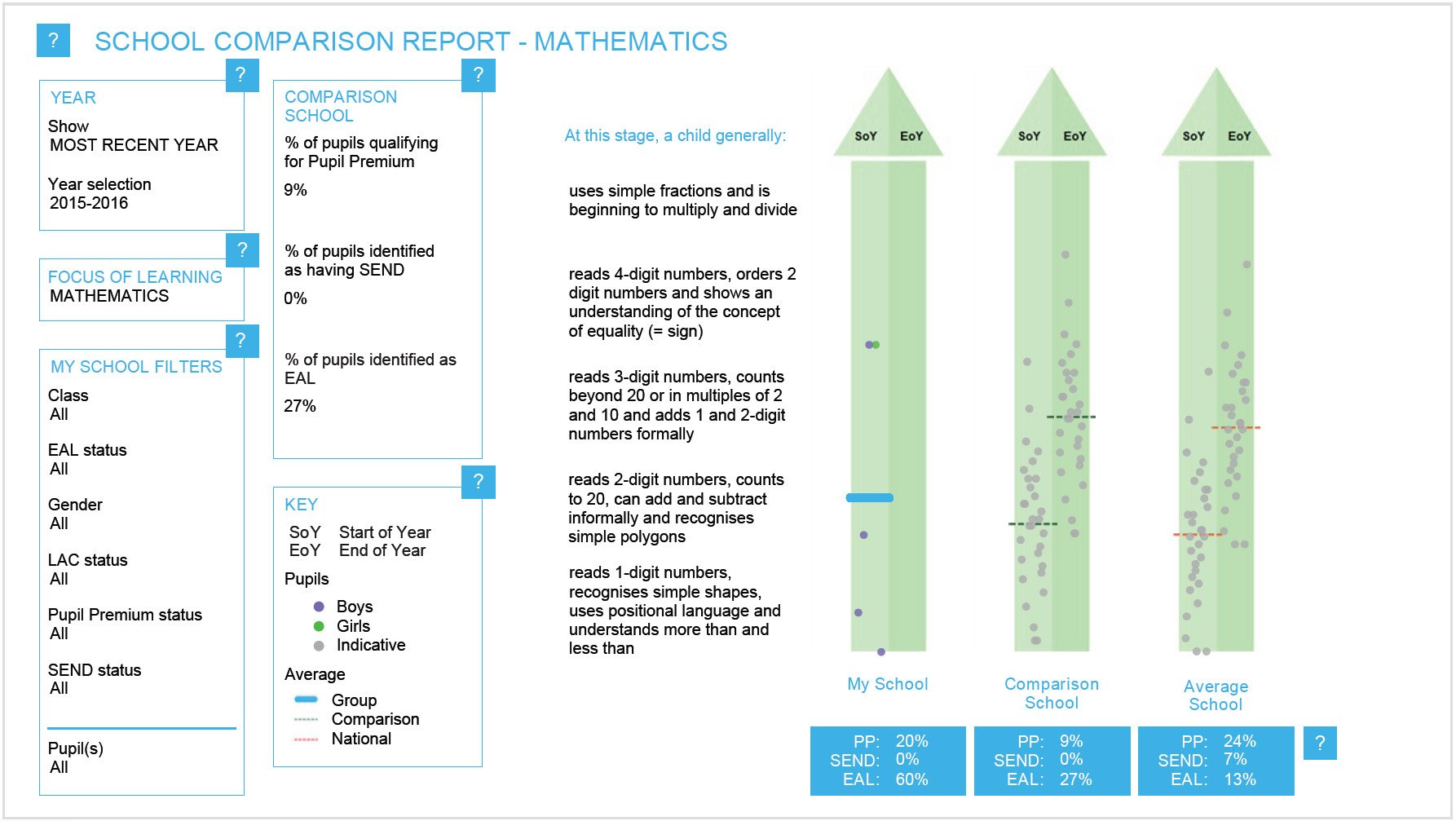
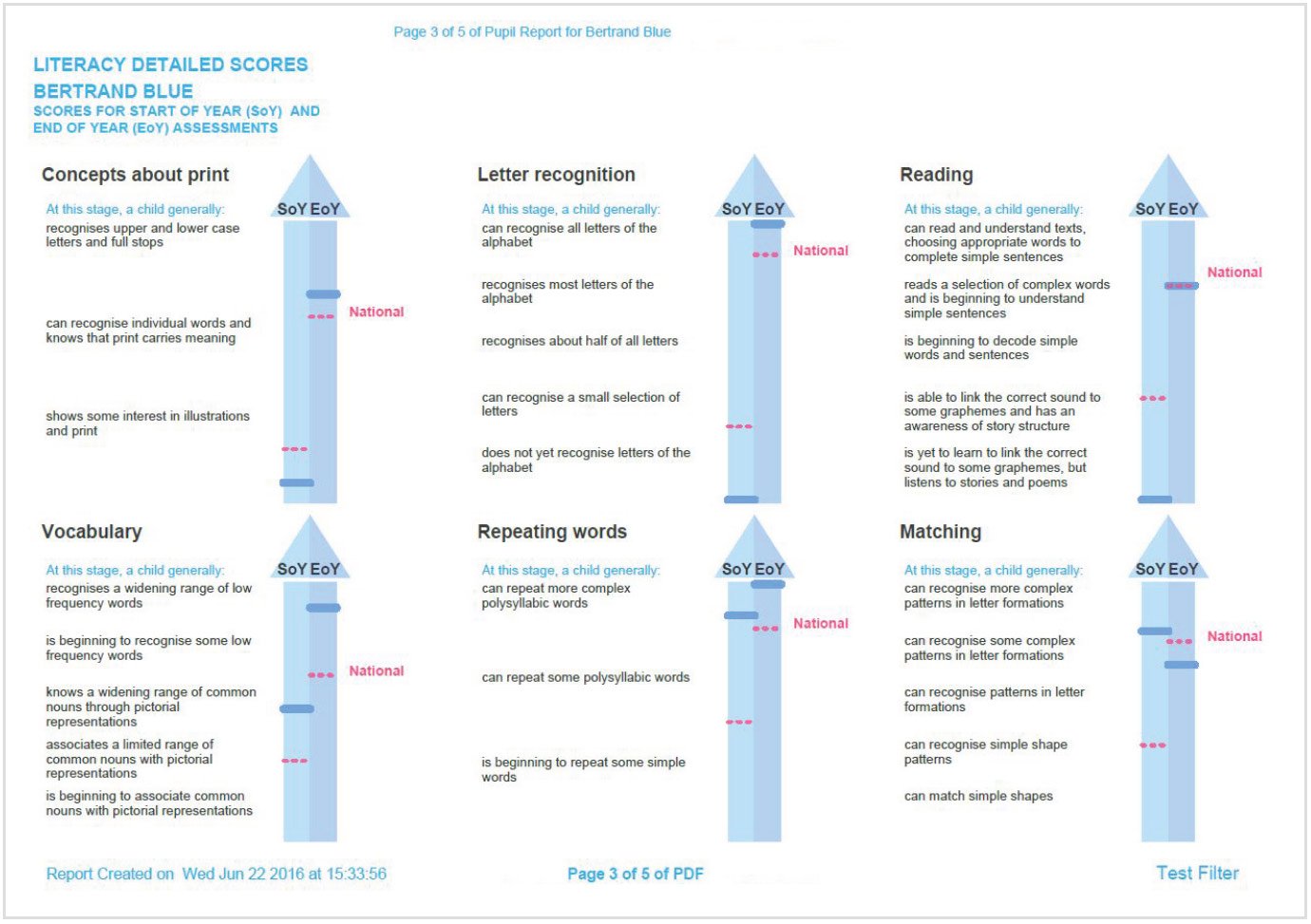
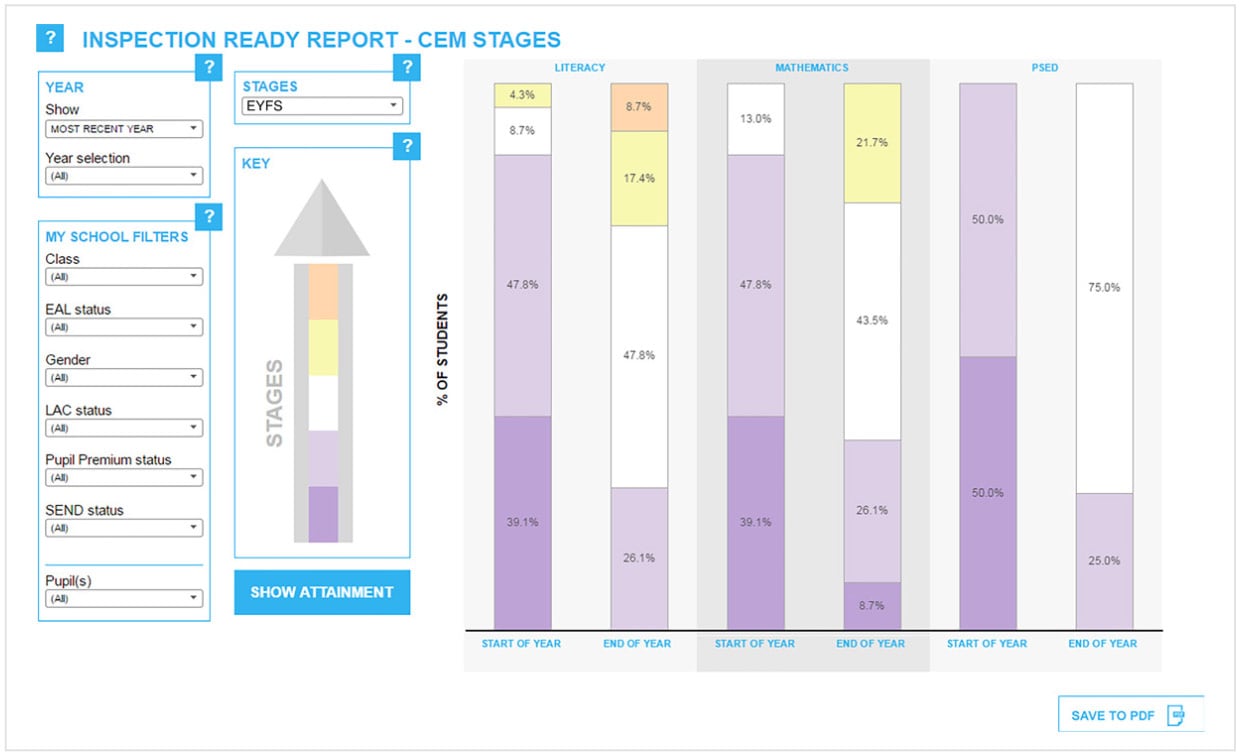
Supporting teacher judgement
Snarestone Primary School is a warmly welcoming community hub and has been an integral part of the small village of Snarestone in Leicestershire since 1717. The school’s dynamic head, Mrs Sally Hunt, is rightly proud of the inclusive education the school offers, providing each child with essential academic skills and pathways to have the confidence to believe in themselves.
The school has strong links to the local community, including the K&C Kids Cabin, which provides a before and after school, and holiday club for all children aged between 3 and 12, as well as a linked on-site pre-school for children aged from 2 years. It has regularly won countless awards covering sports, healthy eating and environmental activities.
In this smaller than average primary school, the teachers are an energetic and unified team, all of whom know all of the children in the school. Ofsted highlight the reception children making a strong start to their education being alongside their Year 1 peers. There is a strong focus on Christian values throughout the school where children participate, excel and are proud of their achievements.
Standardised scores and evidence from an objective assessment
When schools choose which reception baseline assessment is right for them, a fundamental point is to be clear about the information they want from it and how they might use it.
A baseline assessment must be able to measure progress. Children make the most progress in learning in their first year of school, laying the vital foundation for learning throughout the rest of a child’s education. A baseline assessment is key in ensuring schools provide children with an excellent start.
BASE Inspection Ready provides a fun and engaging, computer-adaptive, assessment at the start and end of year to measure progress across the reception year and insightful reporting to inform interventions, aid benchmarking and assist with target-setting.
At Snarestone Primary, Early Years trained Head, Sally, knew exactly what she was looking for when they were evaluating which baseline assessment to use: ‘We feel strongly that observation-only assessments are inconsistent as everyone does them differently – which is what makes BASE completely reliable – you get standardised scores from an objective assessment.’
Finding out what children know and can do
Sally Hunt and Jo Duncan, the reception and Year 1 teachers, chose BASE Inspection Ready option as a way of gaining both a baseline measure of ability at the start of reception and a measure of progress at the end of the year.
‘We wanted something that would give us a measure of reading, writing, phonics and maths. We also really wanted something that gave us an idea about PSED. I know it’s not a DfE requirement for accountability, but it’s absolutely central to learning and BASE is brilliant in giving both PSED as well as academic measures. We love it!’
‘It’s really important to us,’ Sally explained, ‘to have a way of finding out what the children know. Yes, it’s important to identify their strengths but it’s also really important to see what they don’t know. That way we can make sure that what we are teaching them is relevant.'
Really easy to use
Tracking pupil progress is integral to all teaching and learning at Snarestone, using a range of formative assessment and termly summative assessments, as well as having clearly defined age-related key performance indicators. Both Sally and Jo were sensitive to the need for a consistent, unbiased baseline assessment that was simple to administer. Sally told us, ‘BASE was really easy to set up, really easy to use and really easy to generate the reports.’
Impact on teaching and learning in the classroom
BASE Inspection Ready offers a range of reports which have been designed to help teachers, parents, school leaders and governors, and ultimately have a positive impact on all children’s learning.
‘We really love the reports! The visual layout of them makes it clear exactly what you’re looking at. The individual reports are great for the teacher in the classroom and we share the parent reports in our discussions with parents at our curriculum evenings. The reports are great evidence for feeding into the advice and guidance we offer parents about activities they can do at home with their children to boost their learning.’
Using the detailed breakdown of scores
Sally emphasises ‘It’s the details that matter. The BASE reports give really detailed guidance and a breakdown of scores in each of the sections so that you can actually use it for planning and resourcing.’
Sally and Jo use the BASE reports in conjunction with their own observations and professional judgements. While the BASE reports often validate teacher judgements, at times they can uncover some surprises, enabling teachers and parents to re-evaluate and to focus on gaps in understanding and scaffold learning appropriately.
‘We have found the BASE reports really useful with a number of pupil issues: It’s really revealing with quieter children who don’t routinely demonstrate their capabilities and they help to set realistic expectations for parents.’
Sally illustrated how the assessment can help individuals: ‘We had a very young, summer-born child who had very, very low scores in comparison to the rest of the class and in comparison to national averages. However, he did have one area which revealed an unexpected strength which helped us to plan his learning better.’
Powerful evidence for strategic development
BASE reports can all be downloaded and saved in a pdf format, as well as being imported as a csv or xml file into schools’ management information systems, making it easy to share the right kind of vital information with key stakeholders.
Additionally, there are two newly-developed interactive reports; the Inspection Ready Report and the School Comparison Report. These enable school leaders to analyse results by filtering categories and focusing on key characteristics, such as gender, EAL status, Pupil Premium status and SEN status, as well as comparing your school’s performance to an equivalent comparison school and national averages.
‘The Governors’ summaries, the Inspection Ready Reports, are extremely useful in showing evidence of progress to governors’ Sally pointed out. ‘We can show governors baseline and progress scores and judgements about the school are not based on attainment alone. You can see the percentage of pupils at
different stages and the performance in each area.’
Sally explained: ‘The reports are useful on all levels of strategic development; for governors, parents, teachers and heads.
The thing that I find most useful is the standardised scores.
The comparisons are really useful for informing the school improvement plan. For example, right now we know we need to focus on phonics, spelling and reading as our scores are slightly below the national average this year, although it will be interesting to see if any trends emerge year on year.’
Is it cost-effective?
Schools are rightly mindful of the costs of buying assessments and the fact is that financial pressures being felt by schools are increasing.
Heads and teachers are taking a long hard look at how to make the best use of available resources and the question must surely be asked ‘Is it worth paying for this assessment when you don’t have to do it?’
Sally is unambiguous in her answer.
‘Just look at what it gives you. Break it down and see how much that costs per child, per week. It’s definitely worth it!’
While the Department for Education have their own Reception Baseline Assessment, it does not capture the depth of actionable information provided by BASE.
Researchers at Cambridge firmly maintain the value of early benchmarking and the need for baseline assessments, regardless of any accountability policy. BASE remains a highly effective assessment for use in the early years. It is an accurate and efficient assessment to give educators a detailed reflection of what young children know and can do when they enter school.
Want to know how Cambridge Insight data can help in your school?
Find out more about our assessments


